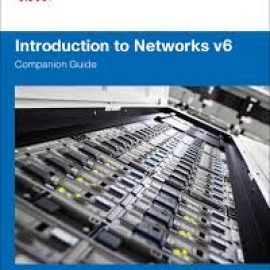Description
Science is on the cusp of a revolutionary breakthrough. We now understand more about ageing – and how to prevent and reverse it – than ever before.
Twenty years ago, there was still considerable debate of the nature of human ageing, with a variety of competing theories in play. But scientific consensus is forming around the telomere theory of ageing. The essence of this theory is that human ageing is the result of cellular ageing. Every time a cell reproduces, its telomeres (the tips of the chromosomes) shorten. With every shortening of the telomeres, the cell’s ability to repair its molecules decreases. It ages. Human ageing is the result of the ageing of the body’s trillions of cells. But some of our cells don’t age. Sex cells and stem cells can reproduce indefinitely, without ageing, because they create telomerase. Telomerase re-lengthens the telomeres, keeping these cells young.
In The Telomerase Revolution, Dr Michael Fossel, who has been at the forefront of ageing research for decades, provides startling insights into the nature of human ageing and describes how telomerase will soon be used as a powerful therapeutic tool, with the potential to dramatically extend life spans and even reverse ageing.
Michael Fossel
Dr Michael Fossel earned both his PhD and MD from Stanford University, where he taught neurobiology and research methods. Winner of a National Science Foundation fellowship, he was a clinical professor of medicine for almost three decades, the executive director of the American Aging Association, and the founding editor of Rejuvenation Research. In 1996, he wrote the first book on the telomerase theory of ageing, Reversing Human Aging. He is also the author of Cells, Aging, and Human Disease and co-author of The Immortality Edge. He currently teaches The Biology of Aging at Grand Valley State University and is working to bring telomerase to human trials for Alzheimer’s disease.

 العربية
العربية  English
English 



